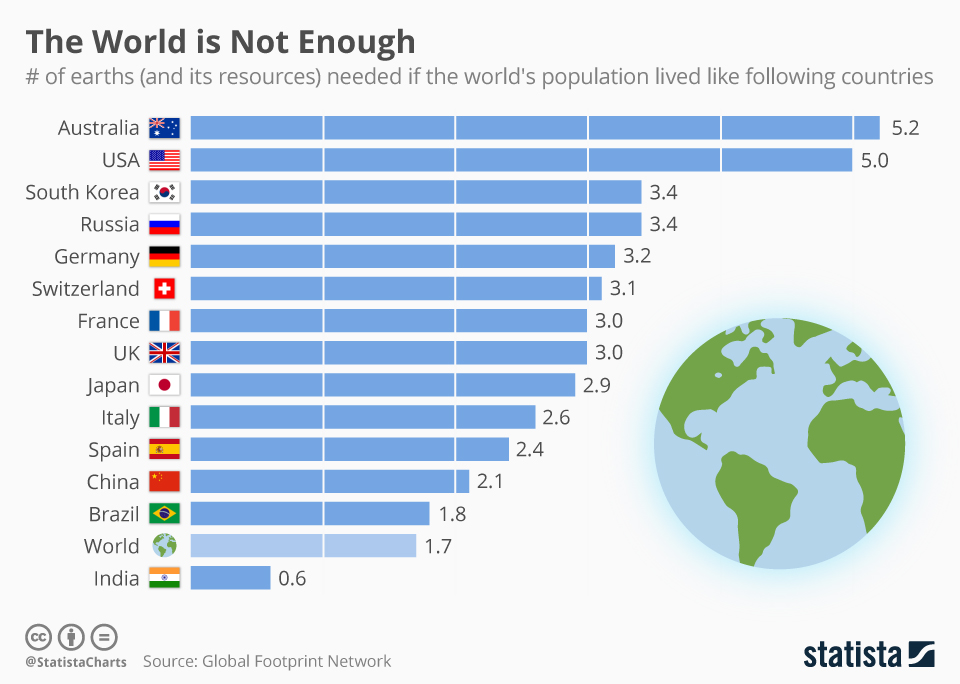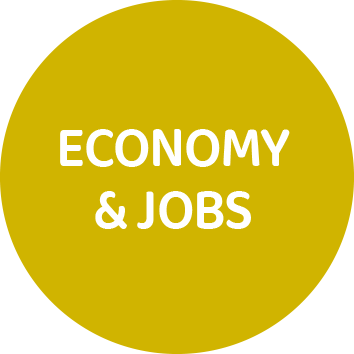How we earn and spend our money is key to protecting our planet
For two centuries, how the world generates wealth has been at odds with the health of our planet. A focus on constant economic growth – using our world’s precious natural resources to make and consume more and more goods and services is unsustainable.
At the same time, traditional capitalism – which focuses on investing in business to maximise profit – often means that environmental and social wellbeing are, at best, not prioritised or, at worst, totally disregarded.
But what can we do about this at a local or personal level?
Support local green jobs – It’s widely recognised that to get the UK to meet its targets on net zero carbon emissions will require jobs being generated in areas like clean energy, making buildings energy efficient, and clean technologies. It’s been estimated that with the correct support from central government and local authorities, the UK could create almost 700,000 new green jobs within a decade, and a further 488,000 through to 2050.
In Lewes, the District Council has made jobs and training in sectors such as clean technology a strategic goal in its climate and sustainability strategy framework. We’ll keep you informed as these plans develop. Green Jobs advertises a wide range of ‘green’ vacancies. If you’re a local business creating ‘green’ jobs, please get in touch.
Support sustainable businesses – Big business is starting to see the importance of reducing environmental or societal harm and is facing increased climate regulation. But it pays to support those businesses that have genuinely been built with a culture of sustainability. So-called ‘B Companies’, for example must demonstrate they are measuring their environmental and social impact and must commit to transparency by publishing their score online. You can search for B corps in the UK here.
Shop at local businesses – Supporting local businesses and shops has the benefit that money is more likely to be respent locally. It’s estimated that for every £1 spent with a small or medium-sized business 63p stayed in the local economy, compared to 40p with a larger business. Using the Lewes Pound is a clear way to show your support for local business. It’s accepted by over 100 Lewes businesses and can be exchanged in issuing point across town.
Bank and save sustainably – Who we choose to look after our money is also critical to creating a green economy. Many of the big banks are still funding fossil fuel production and other environmentally destructive activities. But there are alternatives: Triodos Bank has a mission to ‘help create a society that protects and promotes quality of life and human dignity for all’. Locally, the East Sussex Credit Union is a not-for-profit community bank where savings are used to provide affordable, ethical loans for local people and businesses. See a ranking of green/ethical banks and building societies here.
…and check your investments – Finally, for those of us lucky enough to have money to invest or put in a pension, it’s vital to check how that money is invested. According to the Make My Money Matter campaign, ensuring that your pension is held in sustainable investments can have 27 times more impact on your carbon footprint than giving up flying and going vegan combined. Platforms like Ethex showcase green and sustainable investment opportunities, while ShareAction ranks investment managers on their climate action. Locally, Divest East Sussex is urging the East Sussex Pension Fund to sell out of its £150m fossil fuel holdings and always welcomes new supporters.
Groups & contacts
Economy action plans
Lewes District Council
Further resources
Divest East Sussex
Ethex
Green Jobs
Green careers for all
Make My Money Matter
ShareAction
Circular Economy
Ellen MacArthur Foundation
Doughnut economics
Kate Raworth
Economic factfile
If the whole world lived how the UK lives, it would require three worlds to generate enough resources and manage the waste and pollution generated. If we all lived like the US or Australia, five earths would be needed.



